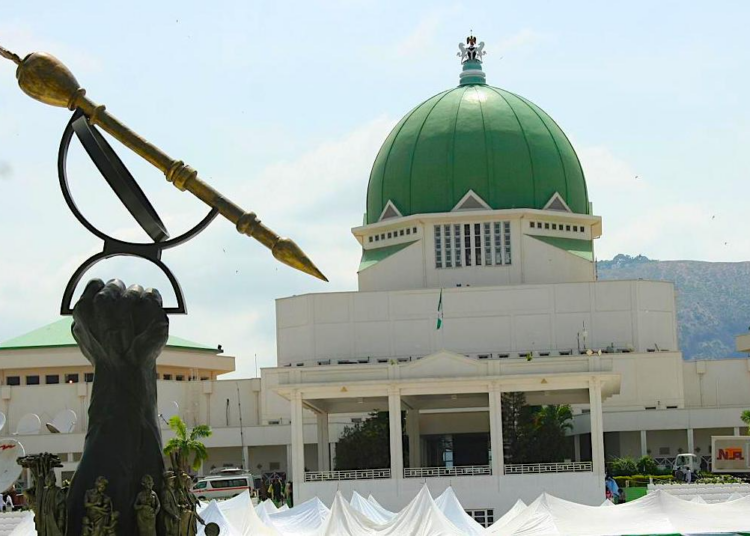The two chambers of the National Assembly (NASS) have extended the implementation of the 2023 Appropriation Act and the N2.17 trillion 2023 supplementary budget to December 31, 2024.
The Senate took the decision yesterday at an emergency session.
The new deadline for implementing both budgets is December 31, 2024, instead of the previous deadline of June 30, 2024.
President Tinubu requested the extension, and the Senate supported the request.
After the budgets were read three times, the Senate President Godswill Akpabio announced the extension during the plenary.
This is the second time the implementation of the 2023 budget and its capital components has been extended since President Bola Tinubu’s administration began.
In March, the Senate extended the implementation until June 30, 2024.
The extension aims to ensure ongoing projects are completed in the budgets. Senate leader, Opeyemi Bamidele, highlighted the importance of avoiding abandoned projects and urged his colleagues to support the extension.
The minority leader, Abba Moro, and Senate chief whip, Ali Ndume, supported the extension, emphasising the need to complete ongoing capital projects.
Senator Orji Uzor Kalu acknowledged the existence of many uncompleted projects and urged his colleagues to focus on completing them, disregarding criticism of the extension.
However, Senator Abdul Ningi expressed concerns about continuously extending the budgets and called for the strict implementation of approved projects.
In response, Akpabio assured that the Senate would oversee the implementation of the capital component.
After the discussions, the President of the Senate called for a voice vote, and most lawmakers supported the extension.
At the House of Representatives, the lawmakers also extended the implementation of the capital component of the 2023 budget and the supplementary budget of the preceding year from June 30 to December 31, 2024.
This followed the introduction, debate and passage of the bills to amend the Appropriation Act 2023 to extend further the implementation of the Capital aspect and the Supplementary Appropriation Act 2023 to further vextend its implementation from June 30 to December 31, 2024.
The process was also sequel to the transmission of the two Executive Bills by President Bola Ahmed Tinubu in a later addressed to Speaker of the House, Hon. Abbas Tajudeen, who read it at resumed plenary on Thursday.
The leader of the House, Hon. Julius Ihonvbere, while leading the debate on the general principles of the bills (second readings), said the contents of the 2023 capital and supplementary budgets were not altered but requested an adjustment of the date to enable the executive to complete the projects that have been started.
However, the minority leader, Hon. Kingsley Chinda, raised a concern, arguing that the passage of the bills implied running four different budgets simultaneously, which might be too burdensome for the executive.
He said, “We are aware of the importance of implementing capital projects, and we know what capital projects can do in the lives of our people.
“But the application for extension of the 2023 Appropriation Act also comes with the request to extend the life of the 2023 supplementary budget. We are also expecting the 2024 supplementary budget.
“A situation where we may have four budgets running concurrently is a problem. I suggest that the House leader (Ihonvbere) step down this bill. Meanwhile, the projects not completed in the 2023 budgets can be transferred to the 2024 supplementary budget.”
As the debate raged, the House dissolved into an executive session, after which it passed the bills for the third (final) time just as Speaker Abbas appealed to members to allow the passage of the extension of the capital component, which dwelled on security matters.





